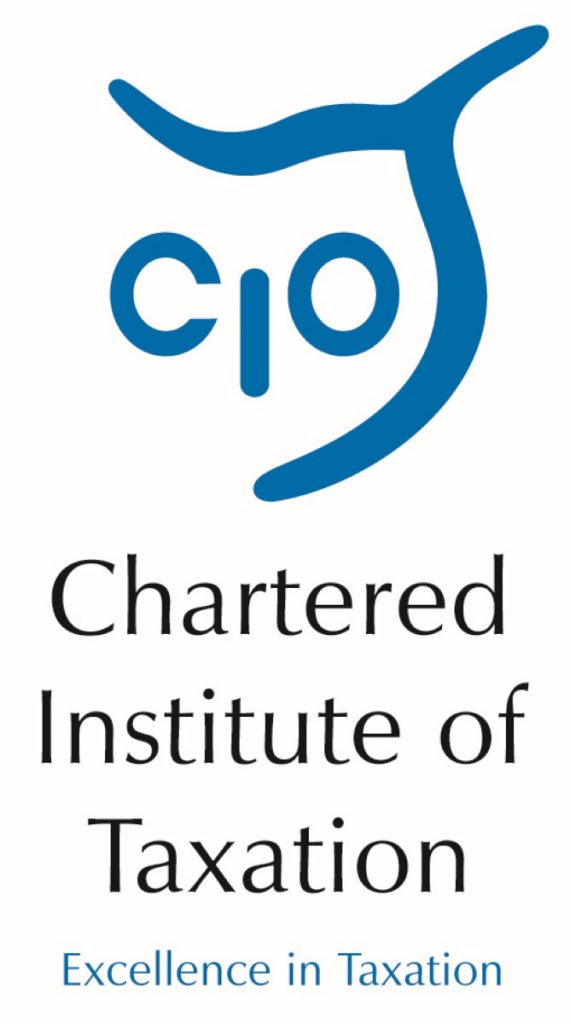Commenting on the publication of Finance Bill (No.2) 2017 today, John Cullinane, CIOT Tax Policy Director, said:
“The contents of the Bill are pretty much as we expected – that is, the measures dropped from the pre-election Finance Bill. The only measures dropped appear to be a clause on landfill tax and two clauses on Customs enforcement powers. We are expecting some significant proposals on landfill tax to be announced next week which will feed into the third Finance Bill of the year, in December.
“The most significant measures in the Bill are probably changes to corporation tax and to the regime for non-UK domiciles. The two schedules on corporation tax loss relief and interest deductibility now run to 303 pages between them, not far off half the Bill on their own. The Bill also contains clauses paving the way for Making Tax Digital, substantial changes to the rules for fulfilment businesses and a range of anti-avoidance measures, including penalties for enablers of avoidance schemes.
“Despite the pre-election Bill being split in two, the current Bill, assuming it is passed intact, will still be the second longest Finance Act ever. At 674 pages it will be beaten only by the 703 page Finance Act 2012. While much of the new legislation will only apply to larger businesses this will still represent a further complicating of the tax system, both by lengthening the code and through the process of change. Feedback from taxpayers indicates that the pace of change itself is one of the biggest factors in making the tax system complicated for its users.
“With a Bill this long the scrutiny process will be particularly important. CIOT, our Low Incomes Tax Reform Group and our close colleagues at the Association of Taxation Technicians will seek to provide briefing notes and other support to the MPs scrutinising the Bill as we always do. We will also be continuing to press our recommendations for improving tax policymaking, set out in the Better Budgets report which we published earlier this year with the Institute for Government and the Institute for Fiscal Studies. These include suggestions for improving Parliament’s ability to scrutinise future Finance Bills.
“In defence of the current Chancellor most of the measures in this Budget originated before his time at the Treasury, in particular they result from the 2016 Budget, which contained 50 new tax measures. By contrast, the 2017 Budget was the slimmest in a long time, with just 14 new tax measures. We hope that that will be the pattern going forward and today’s Bill will be the last bow of the Finance Bill longer than a Dostoevsky novel.”
Notes to editors
1. Better Budgets – recommendations in brief:
1. Stick to the commitment to a single principal annual fiscal event and cut down Budget measure proliferation
2. Establish clear guiding principles and priorities for tax policy
Early statement in a new Parliament to spell out priorities for and approach to tax system
3. Extend the road-map approach
Corporate Tax Road Map model could be applied much more widely. Report sets out principles for good road-maps
4. Start consultation at an earlier stage
Too many consultations begin when key decisions have already been made
5. Develop more active approaches to consultation
Seek out consultees proactively. Give respondents feedback
6. Prepare the ground for future reform – and engage the public
Use independent external reviews. More active public engagement with the policy making process
7. Address the perceived capability gap around tax policy making
Treasury and HMRC need to address perceived gaps in tax policy making capability. Build on initiatives aimed at allowing insiders to develop deeper tax expertise in HMT & policy expertise in HMRC. Manage concerns about external secondees
8. Overhaul internal processes
More challenge to tax and Budget policy making. Make decisions more collectively, with a small Budget Cabinet Committee. More powerful early expert challenge. NAO scrutiny of spending-like tax reliefs. Independent challenge to business impact assessments
9. Enhance Parliament’s (and the public’s) ability to scrutinise tax proposals
More transparency from government, with clearer documentation. Finance Bill oral evidence sessions. Better liaison between parliamentary committees looking at tax. More standing expert support on tax for Parliament
10. Institutionalise and enable evaluations of tax measures
Effective and routine post-legislative review of whether measures are achieving their objectives at acceptable cost. Parliament should hold government to account for this. Data more accessible
Full document: http://tinyurl.com/betterbudgets
2. The Chartered Institute of Taxation (CIOT)
The CIOT is the leading professional body in the United Kingdom concerned solely with taxation. The CIOT is an educational charity, promoting education and study of the administration and practice of taxation. One of our key aims is to work for a better, more efficient, tax system for all affected by it – taxpayers, their advisers and the authorities. The CIOT’s work covers all aspects of taxation, including direct and indirect taxes and duties. Through our Low Incomes Tax Reform Group (LITRG), the CIOT has a particular focus on improving the tax system, including tax credits and benefits, for the unrepresented taxpayer.
The CIOT draws on our members’ experience in private practice, commerce and industry, government and academia to improve tax administration and propose and explain how tax policy objectives can most effectively be achieved. We also link to, and draw on, similar leading professional tax bodies in other countries. The CIOT’s comments and recommendations on tax issues are made in line with our charitable objectives: we are politically neutral in our work.
The CIOT’s 18,000 members have the practising title of ‘Chartered Tax Adviser’ and the designatory letters ‘CTA’, to represent the leading tax qualification.





-01.png)